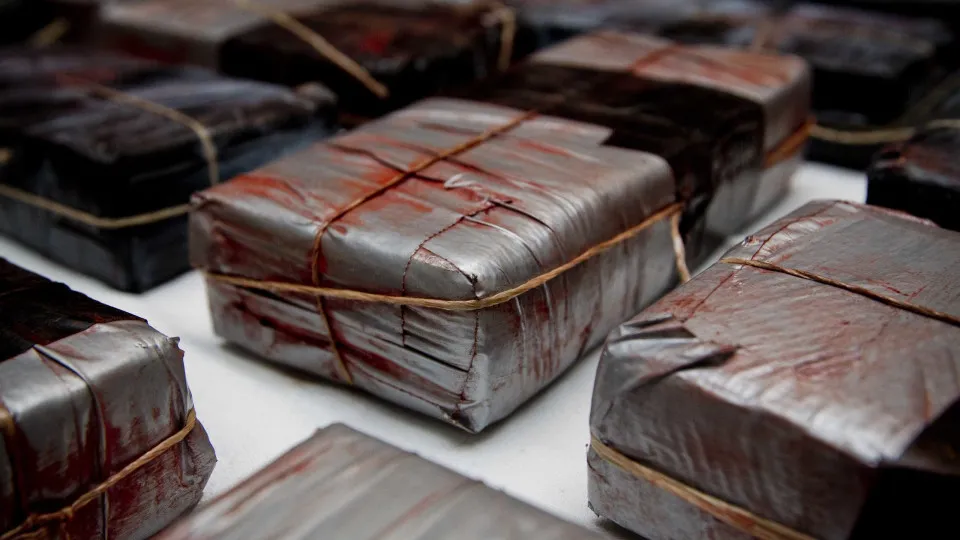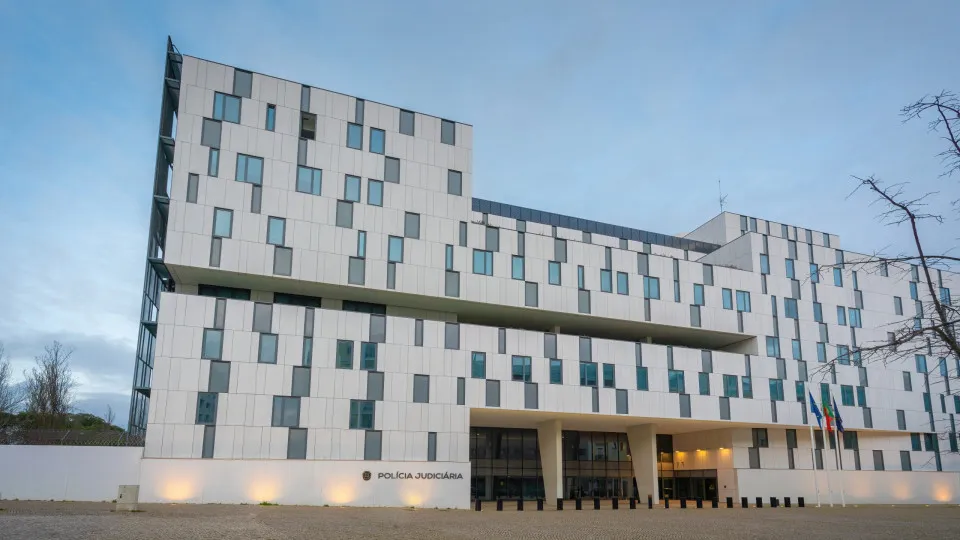
On Saturday, during the closing ceremony, actress and director Maria de Medeiros was presented with the Honorary Guest Tribute Award, recognizing her career.
The Portuguese actress, renowned for roles in films such as ‘Pulp Fiction’ and ‘Henry & June’, expressed her fondness for Mexico, where she filmed ‘Duas Fridas’ and completed the post-production of her latest movie, ‘Aos Nossos Filhos’.
“Mexico is a great nation of culture, art, and cinema, and is a reference. All the wonderful Mexican directors who continue to contribute with extraordinary creativity to world cinema – the fact that this cinema is inspired by Portuguese cinema moves us deeply”, stated Medeiros upon receiving the award.
Portugal was the guest country at the Guadalajara International Film Festival, featuring more than 30 Portuguese films, including those starring or directed by Maria de Medeiros, such as ‘Silvestre’ by João César Monteiro and ‘Capitães de Abril’.
The 40th edition included a special section dedicated to Portuguese cinema, “from classics to more contemporary filmography”, with films by Pedro Costa, Manoel de Oliveira, and José Álvaro Morais.
The program also showcased the animated film ‘Os demónios do meu avô’ by Nuno Beato, alongside an exhibition of miniature characters used in the stop-motion animation process, plus a masterclass by filmmaker João Gonzalez, creator of the award-winning “Ice Merchants”.
The selection of over 30 films providing a panorama of Portuguese cinema, with documentaries and fiction in short and feature films, includes, among others, ‘A fábrica de nada’ (2017) by Pedro Pinho, ‘Trás-os-Montes’ (1976) by António Reis and Margarida Cordeiro, ‘Maria do Mar’ (1930) by Leitão de Barros, ‘A noite’ (1999) by Regina Pessoa, and ‘As Fado Bicha’ (2024) by Justine Lemahieu.
‘A Savana e a Montanha’, a film by Paulo Carneiro about the community of Covas do Barroso’s fight against lithium mining, was a contender for the Best Ibero-American Documentary Feature award.
In this section, the winner was ‘Tardes de solidão’ by the Spanish Albert Serra, co-produced by Portugal, focusing on Spanish bullfighting.
‘Ouro negro’ by Japanese director Takashi Sugimoto, produced by the Portuguese Uma Pedra no Sapato and filmed in India, about the commercial tradition of black hair from women, was also in contention in this category.
The Ibero-American short film competition included ‘Tapete voador’, directed and produced by Justin Amorim, “based on one of the several true stories of the largest institutionalized pedophilia case in Portugal”.
‘Sonhar com leões’, a black comedy about euthanasia by Paolo Marinou-Blanco, was featured in the official section of Ibero-American fiction feature films.
For the Maguey Award, celebrating LGBT cinema, the film ‘Duas vezes João Liberada’ by Paula Tomás Marques competed, portraying a fictional character who could have existed: someone persecuted and marginalized during the Inquisition for leading a life that did not conform to the norms of the time regarding sexuality and gender.
The film ‘Two ships’ by American McKinley Benson, co-produced by Cola Animation, contended for the Best Animated Short award, and ‘La memoria de las mariposas’ by Peruvian Tatiana Fuentes Sadowski, co-produced by Portugal’s Oublaum Filmes, competed for the socio-environmental film award.




